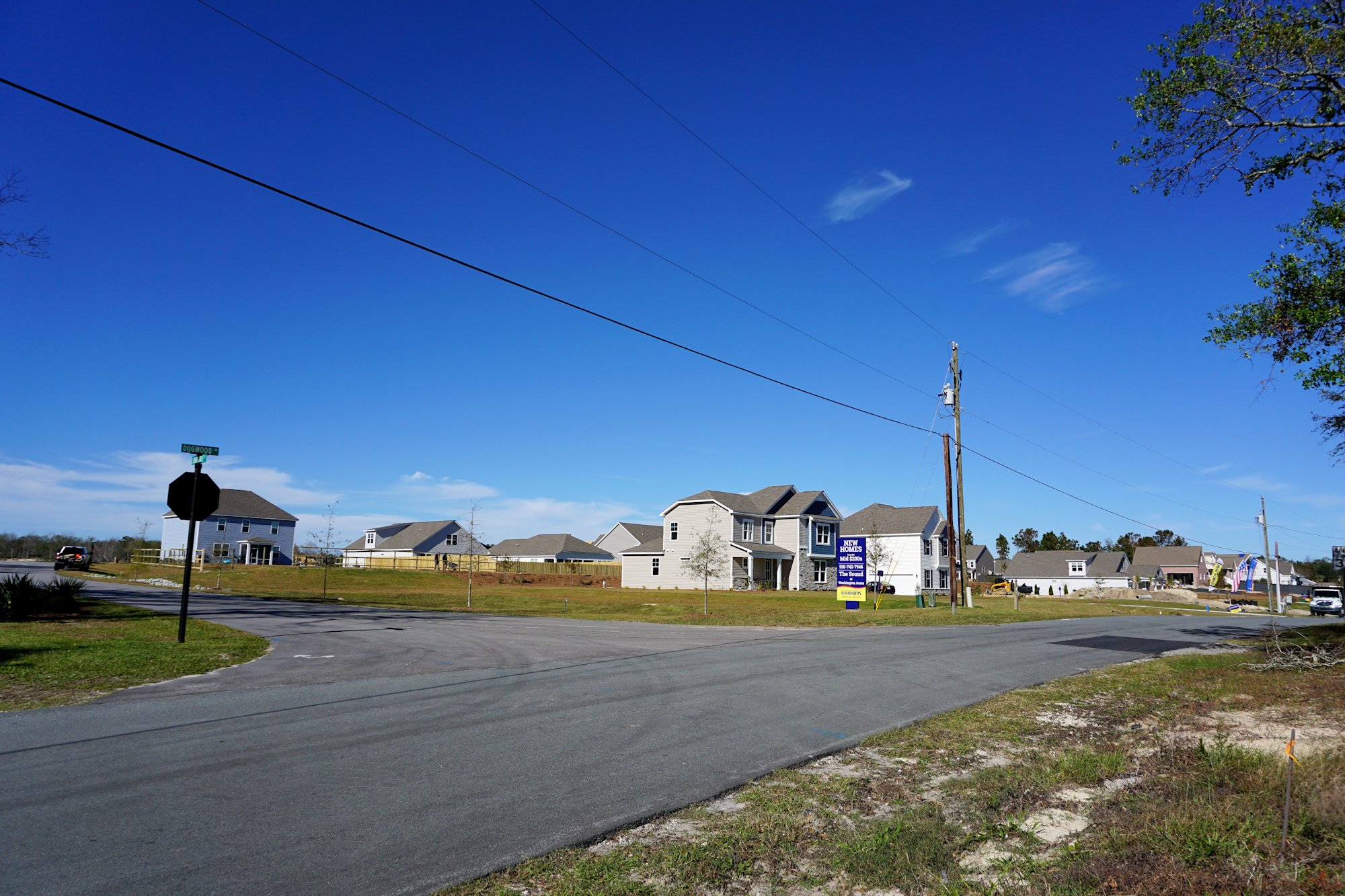Table of Content
But he supported pipelines in Maryland that transport natural gas obtained by hydraulic fracturing in other states, including the Eastern Shore Pipeline. In June 2017, Hogan maintained support for the Paris Agreement and opposed the United States withdrawal from the Paris Agreement. In January 2018, he said Maryland would join the United States Climate Alliance formed by California, New York, and Washington.
Joseph Inikori provided a new line of argument, estimating counterfactual demographic developments in case the Atlantic slave trade had not existed. Patrick Manning has shown that the slave trade did have a profound impact on African demographics and social institutions, but criticized Inikori's approach for not taking other factors into account, and thus being highly speculative. Before 1820, the number of enslaved Africans transported across the Atlantic to the New World was triple the number of Europeans who reached North and South American shores.
African awareness of the conditions of the slave trade
By 1650 the Dutch had the pre-eminent slave trade in Europe and South East Asia. On the instigation of Governor-General of the Dutch Gold Coast Willem de la Palma, Jacob van den Broucke was sent in 1703 as "opperkommies" to the Dutch trading post at Ouidah, which according to sources was established around 1670. Political unrest caused the Dutch to abandon their trading post at Ouidah in 1725, and they then moved to Jaquim, at which place they built Fort Zeelandia. The head of the post, Hendrik Hertog, had a reputation for being a successful slave trader. In an attempt to extend his trading area, Hertog negotiated with local tribes and mingled in local political struggles. He sided with the wrong party, however, leading to a conflict with Director-General Jan Pranger and to his exile to the island of Appa in 1732.
Many pygmies in the Republic of Congo and Democratic Republic of Congo belong from birth to Bantus in a system of slavery. An article in the Middle East Quarterly in 1999 reported that slavery is endemic in Sudan. Estimates of abductions during the Second Sudanese Civil War range from 14,000 to 200,000 people. During the period from the late 19th century and early 20th century, demand for the labour-intensive harvesting of rubber drove frontier expansion and forced labour.
British and French Caribbean
Non-compliant businesses and individuals were fined $5,000 or received a year in jail. He used coronavirus "strike teams", made up of the National Guard, state and local health departments and hospital systems, to provide emergency care, supplies and equipment to nursing homes to combat coronavirus case outbreaks. On March 12, 2020, Hogan ordered the closure of all public schools in the state starting March 16 and ending March 27 to allow for the cleaning and disinfecting of school buildings to prevent the virus's spread.
27WhiteSan JoseSanta ClaraCalifornia1933Kidnapping and murder of department store heir Brooke HartAn estimated 10,000 people witnessed the lynching. California Governor James Rolph called the act "a fine lesson for the whole nation."Micou, Reuben65African-AmericanLouisvilleWinstonMississippi1933Accused of getting into an altercation with a white man.Abducted from jail by a mob. Micou's injuries suggested he was whipped before being shot multiple times. The intertribal Musket Wars lasted from 1807 to 1843; northern tribes who had acquired muskets captured large numbers of slaves. Northern tribes used slaves to grow large areas of potatoes for trade with visiting ships. Chiefs started an extensive sex trade in the Bay of Islands in the 1830s, using mainly slave girls.
North Africa
As the 17th century drew to a close, shifting political boundaries and tobacco markets eventually led to the abandonment of New Yarmouth. But the tough, enterprising little Kent County had begun a diversification of crops and trade that would place it as a center of economy and culture in the Colonial world. Chesapeake settlements revolved around plantation life, rather than towns. Farms became hives of activity, cultivating tobacco and food crops; making barrels, ropes and cloth; loading and unloading cargo shipped directly abroad from their own wharves.

Of the slaves shipped to the Americas, the largest share went to Brazil and the Caribbean. Although the slave trade was largely global, there was considerable intracontinental slave trade in which 8 million people were enslaved within the African continent. Of those who did move out of Africa, 8 million were forced out of Eastern Africa to be sent to Asia. A common assumption by Africans who were unaware of the true purpose of the Atlantic slave trade was that the Europeans were cannibals who planned on cooking and eating their captives. This rumour was a common source of significant distress for enslaved Africans.
- 2018 National Fire Incident Reporting System (NFIRS) incidents
States that were more vulnerable to the corsairs complained that Britain cared more for ending the trade in African slaves than stopping the enslavement of Europeans and Americans by the Barbary States. Importation of black slaves was prohibited in mainland Portugal and Portuguese India in 1761, but slavery continued in Portuguese overseas colonies. In 1441, the first slaves were brought to Portugal from northern Mauritania. Prince Henry the Navigator, major sponsor of the Portuguese African expeditions, as of any other merchandise, taxed one fifth of the selling price of the slaves imported to Portugal. By the year 1552 African slaves made up 10 percent of the population of Lisbon. Denmark-Norway was the first European country to ban the slave trade.
Caroline Davies, "William Wilberforce 'condoned slavery', Colonial Office papers reveal...Rescued slaves forced into unpaid 'apprenticeships'", The Guardian, 2 August 2010. The following accounts show the harsh custom of the times, and reveal a source of Colonial revenue not open to our country since that day. In 1998, UNESCO designated 23 August as International Day for the Remembrance of the Slave Trade and its Abolition.
At least six law officers were killed trying to stop lynch mobs, three of whom succeeded at the cost of their own lives, including Deputy Sheriff Samuel Joseph Lewis in 1882, and two law officers in 1915 in South Carolina. Three law officers were themselves hanged by lynch mobs (Henry Plummer in 1864; James Murray in 1897; Carl Etherington in 1910). Ordinarily there had to be a perceived labour shortage, for otherwise it is unlikely that most people would bother to acquire or to keep slaves.

Western Africa (part of which became known as "the Slave Coast"), Angola and nearby Kingdoms and later Central Africa, became the source for enslaved people to meet the demand for labour. The First Atlantic system was the trade of enslaved Africans to, primarily, South American colonies of the Portuguese and Spanish empires. During the first Atlantic system, most of these traders were Portuguese, giving them a near-monopoly.
In 1769 the last major Tatar raid saw the capture of 20,000 Russian and Ruthenian slaves. In the 15th century, one-third of the slaves were resold to the African market in exchange of gold. Capture in war, voluntary servitude and debt slavery became common within the British Isles before 1066. The Bodmin manumissions show both that slavery existed in 9th and 10th Century Cornwall and that many Cornish slave owners did set their slaves free.

Slaves and black freedmen fought the French for their freedom and independence. The goal of re-establishing slavery explicitly contradicted the ideals of the French Revolution. The French soldiers were unable to cope with tropical diseases, and most died of yellow fever. Slavery was reimposed in Guadeloupe but not in Haiti, which became an independent black republic. Napoleon's vast colonial dreams for Egypt, India, the Caribbean, Louisiana, and even Australia were all doomed for lack of a fleet capable of matching Britain's Royal Navy.
At a second meeting on May 18th, the participants approved the Chestertown Resolves, which acknowledged their allegiance to King George III, but registered their sworn enmity to taxation without representation. In their view, the tea tax was calculated to enslave the Americans, and they pledged that any citizen found importing or purchasing dutiable tea would be stigmatized as an enemy of the liberties of America. Horse racing was a popular Colonial sport, drawing large crowds from surrounding towns with some people traveling from as far away as Philadelphia to enjoy the festivities. Dress balls were held in which both ladies and gentleman appeared in the latest elegant fashions.





















